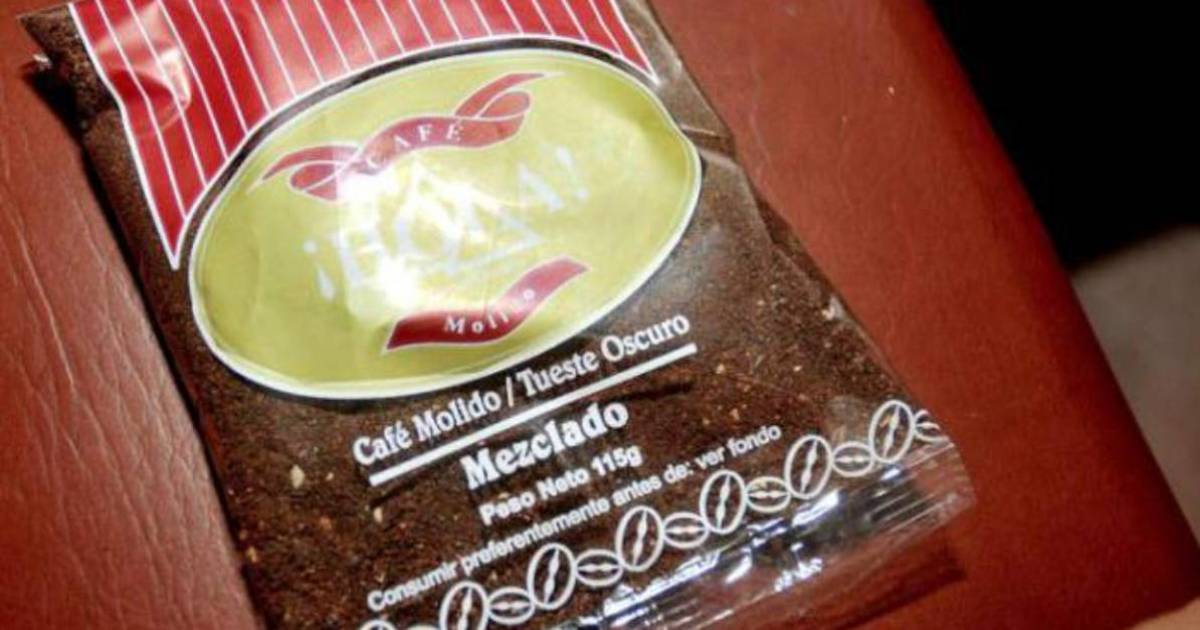
Related videos:
The quality of regulated coffee in Cuba, an essential product in the household basket, has returned to the center of public debate following a flood of criticism from consumers, who claim that the product "tastes like gofio" and causes digestive issues.
However, the Provincial Government of the People's Power in Matanzas published on Facebook details sent from the Coffee Roasting Company of Matanzas, where they insist that the product meets the established standards.
Taymí Pereira López, senior quality specialist, stated to the provincial newspaper Girón that the coffee produced by this plant undergoes a rigorous analysis process that includes tests for granulation, moisture, and brew pressure.
In addition, it was noted that the 49.7 tons produced in December, along with another 18 tons from Villa Clara, Sancti Spíritus, and Havana, meet the requirements to supply the 698 warehouses in the province of Matanzas.
However, on social media, the criticism continues. User Leticia Tejera expressed on Facebook that the coffee "tastes like burnt gofio" and "causes digestive issues," mentioning that it needs to be filtered to remove shell residue and can even damage coffee makers.
It was also pointed out that the quality of the product has decreased over the years and that many times the scheduled deliveries are not met, especially in the interior of the country.
The roasting entity acknowledges the operational difficulties. They explained that the quality of the coffee is also impacted by the available raw materials and the obsolescence of the factory equipment, which complicates the production processes.
Consumer complaints about the quality and quantity of regulated coffee have become a reflection of the economic and social challenges facing the country. This product, a fundamental part of Cuban identity, seems to be increasingly falling short of the population's expectations.
Frequently Asked Questions about Regulated Coffee Quality in Cuba
Why is the standardized coffee in Cuba criticized for its quality?
The regulated coffee in Cuba has been criticized by consumers for tasting like "gofio" and causing digestive issues. Users on social media have pointed out that the coffee contains residual husks and can damage coffee makers. These complaints reflect a decline in the quality of the product over the years, exacerbated by operational and raw material issues in production.
What arguments does the Cuban government present regarding the quality of regulated coffee?
The Cuban government, through the Coffee Roasting Company of Matanzas, states that the regulated coffee meets the established standards, undergoing a rigorous analysis process that includes granularity, moisture, and pressure testing. However, these claims contrast with consumer complaints about its quality.
How does the economic crisis in Cuba affect the quality of regulated coffee?
The economic crisis in Cuba has led to a scarcity of basic products, including coffee, and a decline in the quality of available products. The obsolescence of production equipment and the lack of suitable raw materials are factors that negatively impact the quality of regulated coffee, reflecting the economic and social challenges faced by the country.
Filed under: